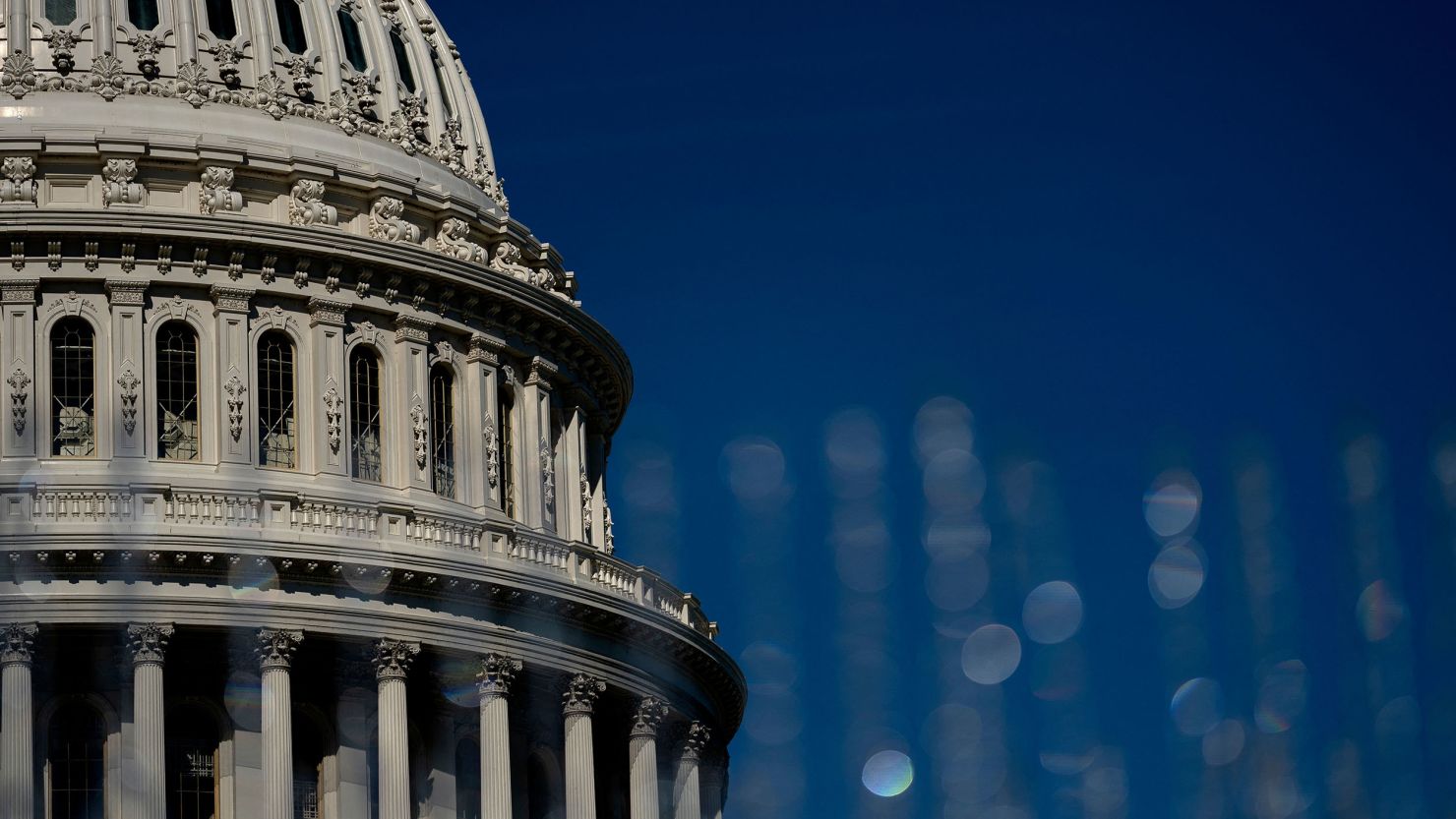Democrats’ push to advance their energy and health care bill is likely headed for a procedural speed bump known in Washington as a “vote-a-rama.”
The time-consuming and stamina-challenging process is among the final obstacles for Democrats, along with the Senate parliamentarian’s review of the package.
Politically, a vote-a-rama gives Republicans a chance to sow discord and create distractions as they force Democrats to vote on controversial issues. But, once it’s over, Democrats have the opportunity to advance their package on a straight party-line vote that would not be subject to the filibuster’s 60-vote threshold.
Here’s what you need to know:
What is a vote-a-rama?
Usually in the legislative process, lawmakers can use a series of procedural maneuvers to avoid voting on amendments. But in a budget reconciliation process – which Democrats are using to advance their bill – you can’t do that.
Lawmakers cannot hold a final vote on a reconciliation bill until all the amendments have been “disposed of,” or in simpler terms, “voted on.”
The practice involves votes on a series of amendments that can – and usually do – stretch for hours.
How do lawmakers use the process?
The party in charge typically wants to move this vote-a-rama along as quickly as possible with as few votes as possible. The minority party takes the opportunity to force votes on all kinds of measures they don’t typically have the power to put on the floor.
How long does each vote take?
Usually, lawmakers agree to a process that looks a lot like this.
- Lawmaker introduces an amendment (sometimes it is just written on a piece of paper).
- There is a minute of debate equally divided by each side.
- 10 minutes to vote.
Each amendment takes about 15 minutes or so to get through. The process moves quickly by Senate standards, which is why it is so important for members to basically stay in or close by the chamber for the entire marathon event.
What’s in the bill?
The bill contains a number of Democrats’ goals, including some provisions that party leaders have worked toward for years:
- Medicare drug price negotiation. The bill would empower Medicare to negotiate prices of certain costly medications administered in doctors’ offices or purchased at the pharmacy.
- Inflation cap. The legislation would also impose penalties on drug companies if they increase their prices faster than inflation.
- Tax provisions: To boost revenue, the bill would impose a 15% minimum tax on corporations, which would raise $313 billion over a decade.
- Climate provisions: The deal would be the biggest climate investment in US history. It would slash US carbon emissions 40% by 2030, Senate Majority Leader Chuck Schumer’s office said.
Still, this isn’t Build Back Better 2.0. The package is less than half the size of Biden’s original social safety net plan, and a number of key Democratic priorities are likely to be left out.
CNN’s Tami Luhby and Katie Lobosco contributed to this report.





